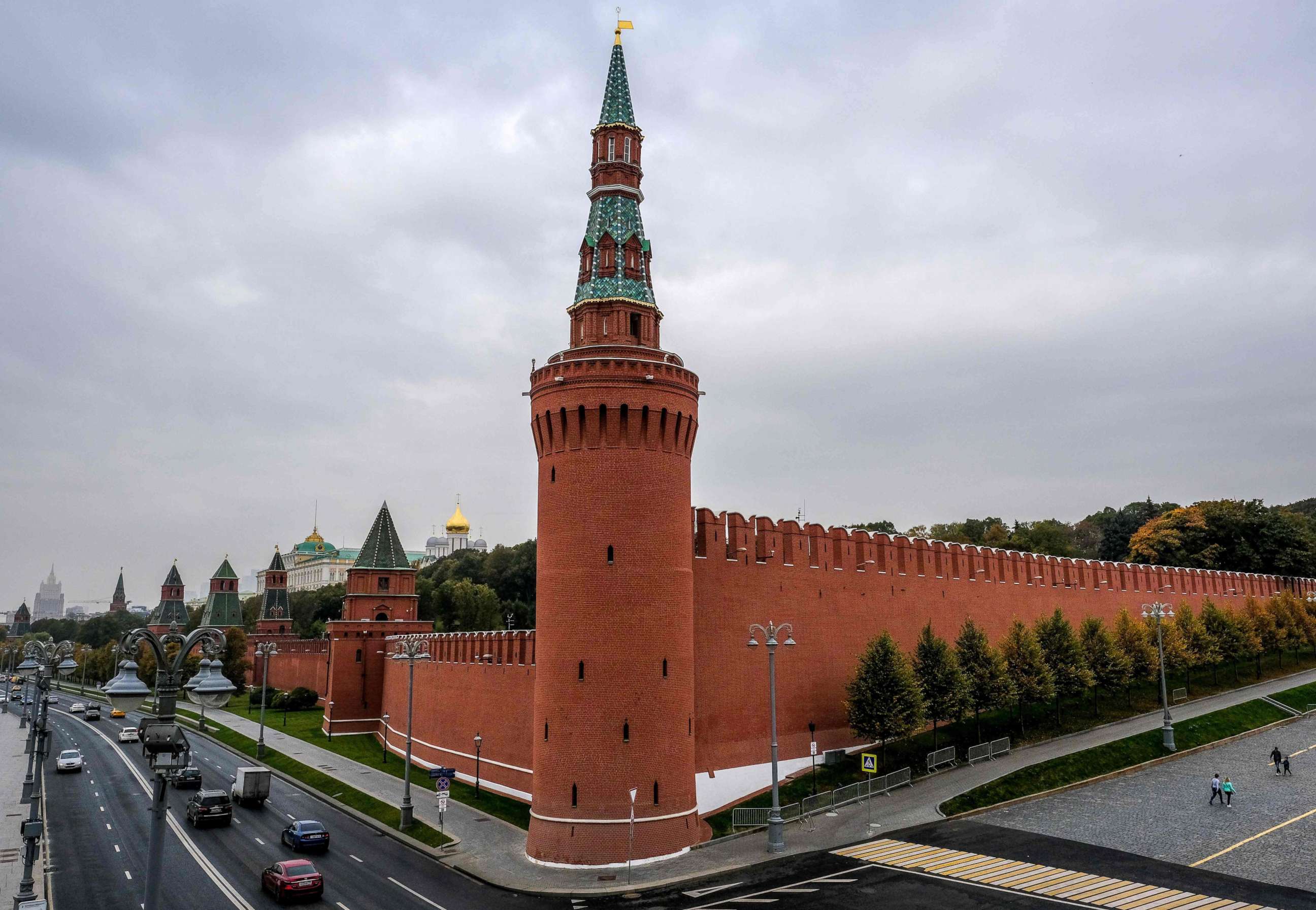Russian state actors hacked systems containing election information in 2 states: Gov't officials
The FBI and CISA said there is no evidence any data was altered.
Russian state actors have conducted a campaign since at least September against a wide variety of targets, including dozens of "government and aviation networks," ABC News has learned. Russia successfully compromised network infrastructure in some government agencies, according to government officials.
U.S. officials told ABC News that systems containing election-related information from two counties in two separate states were successfully hacked by the Russian effort. A new Homeland Security Alert states, "As this recent malicious activity has been directed at [state, local, territorial and tribal (SLTT)] government networks, there may be some risk to elections information housed on (those) government networks."
While the FBI and Cybersecurity and Infrastructure Security Agency have seen no evidence that data has been altered, FBI and Homeland Security officials expressed concern that Russia "may be seeking access to obtain future disruption options, to influence U.S. policies and actions, or to delegitimize SLTT government entities."
Director of National Intelligence John Ratcliffe announced Wednesday that Russia and Iran had "taken specific actions to influence public opinion relating to our elections," and that voter registration information had been obtained by both countries. Ratcliffe made the announcement during an unusual evening announcement at FBI headquarters, alongside FBI Director Christopher Wray, Assistant Attorney General for National Security John Demers and CISA Director Christopher Krebs.
The FBI and CISA said in an alert that there is no evidence to date to suggest that the Russians have "intentionally disrupted any aviation, education, elections or government operations or that integrity of elections data has been compromised."

Separately, sources say that Iran is also engaging in efforts to penetrate elections-related systems. According to a DHS bulletin about Iranian activities, "Actors are creating fictitious media sites and spoofing legitimate media sites to spread obtained U.S. voter-registration data, anti-American propaganda, and misinformation about voter suppression, voter fraud, and ballot fraud."
Though Ratcliffe focused on Iran's efforts to send spoofed emails designed to intimidated voters in the U.S., officials maintain that Russia remains a more potent threat, using a range of efforts to undermine confidence in the democratic process.
The Kremlin denied it is meddling in the U.S. election following the new allegations from the DNI on Wednesday.
"We can comment on it with regret. Such accusations pour in every day. They are absolutely unsubstantiated and groundless. Rather, it's some kind of tribute to the domestic political processes linked to the approaching elections," the Kremlin's spokesman, Dmitry Peskov, told reporters in his daily conference call Thursday.
Wray, during the Wednesday announcement, encouraged Americans to "seek election and voting information from reliable sources, namely your state election officials, and to be thoughtful, careful and discerning consumers of information online."
Federal and state officials remain confident that voting systems are secure.




